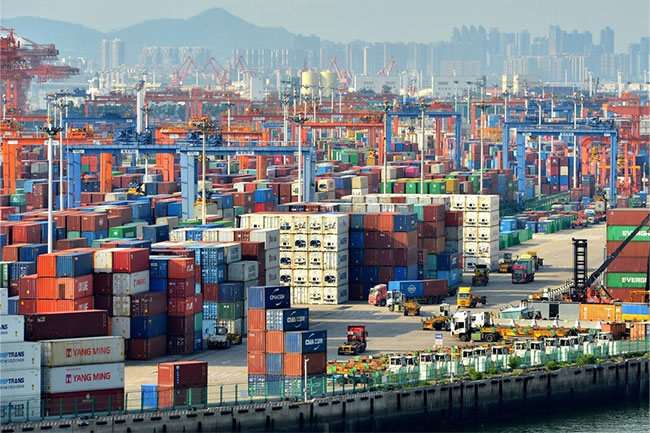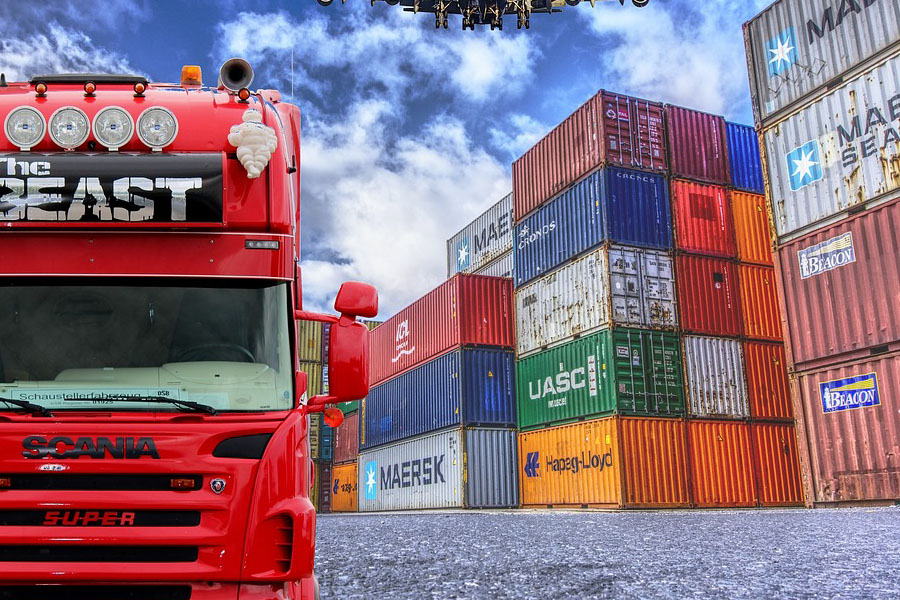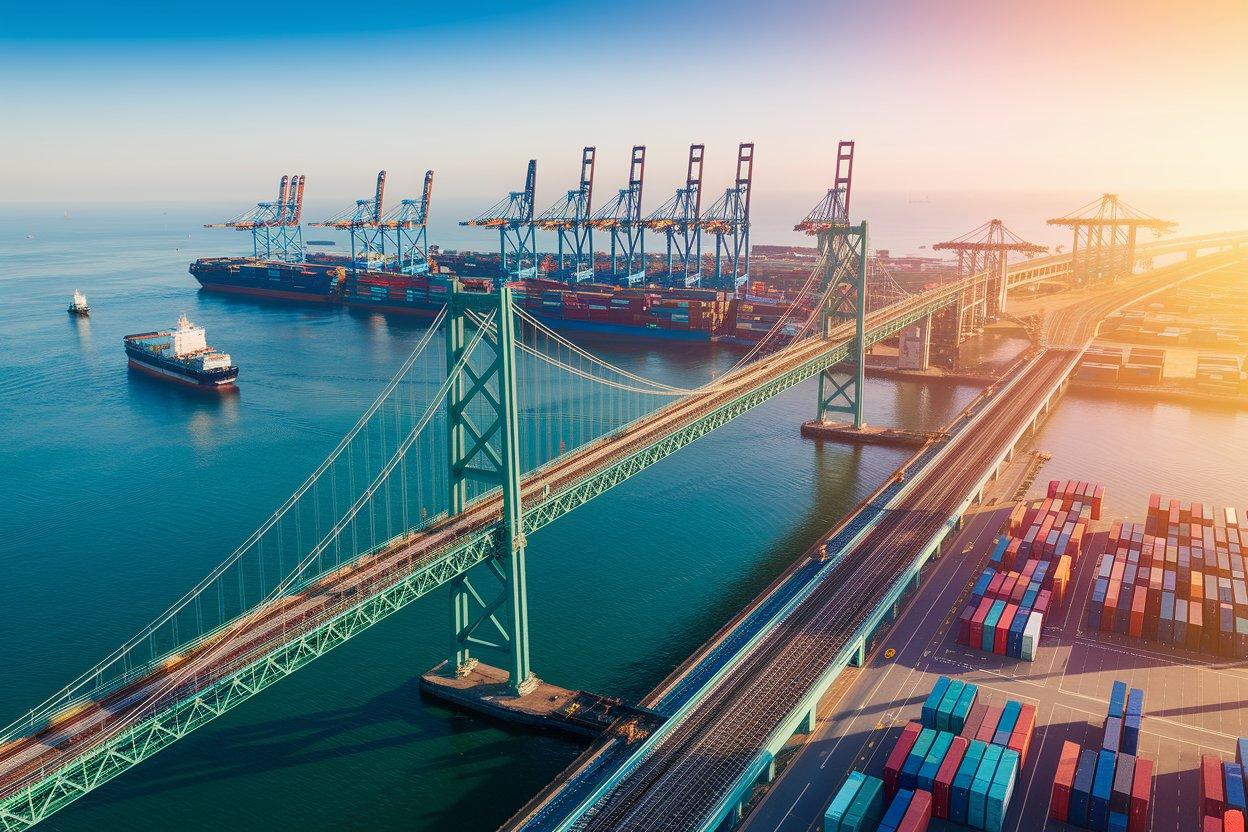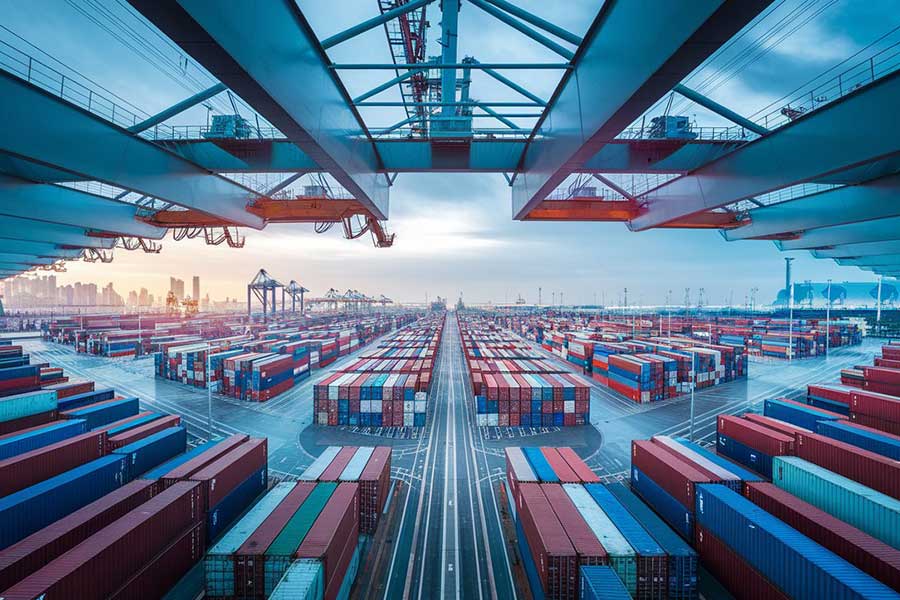- Shanghai Zhongshen International Trade Co., Ltd. - Two decades of trade agency expertise.
- Service Hotline: 139 1787 2118
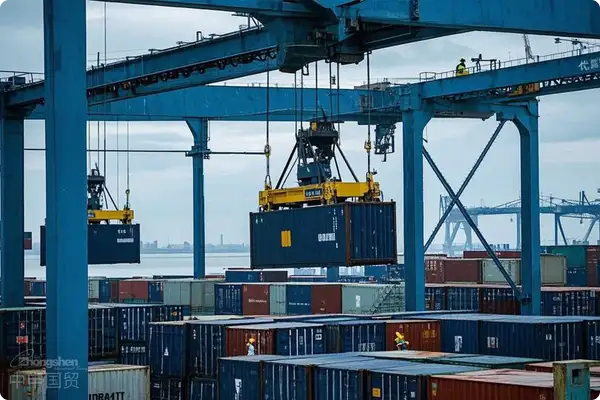
Introduction: The Double-Edged Sword of Sample Shipping in International Trade
In international trade, sending samples is a common practice for building trust and showcasing product quality. However, this step may becomeforeign tradeThe "minefield" for businesses. Turkey's strict customs supervision and complex clearance procedures often trap low-value samples in high-cost dilemmas.
Case Study: A Failed Sample Delivery Experience
Background and Origin
In 2024, a foreign trade professional connected with a Turkish client on Facebook. After conducting a background check, it was confirmed that the client was a large local end-user with a history of purchasing from China. Considering the changing market conditions and relatively low shipping costs, the exporter agreed to send samples free of charge to facilitate the transaction.
Communication and Dispatch
Before shipping, the exporter repeatedly confirmed the customs clearance capability with the customer, who explicitly stated, "Customs clearance is possible, no problem." The samples (50 pieces, with a total value of only 5 RMB) arrived in Turkey on May 20, and the customer requested their colleague to assist with customs clearance.
Customs clearance dilemma
However, Turkish customs deemed the quantity of 50 pieces as excessive for samples, failing to meet the definition of "samples," and thus refused to clear them as such. During the communication between the exporter and the customer, the courier company urged expedited customs clearance to avoid incurring high return fees. Ultimately, the customer was informed that customs required a $500 clearance fee, leading the customer to abandon the shipment.
Economic Losses and Lessons Learned
This incident resulted in the destruction of the samples, causing the exporter not only to lose the sample costs but also to face potential risks of return fees. The event serves as a reminder to foreign trade practitioners: exercise caution when sending samples to Turkey, as free shipments carry extremely high risks.
Risk Analysis: The "Minefield" of Turkish Customs
Customs clearance standards
Turkish customs strictly regulate imported goods, with specific quantity and value limits, especially for low-value small items (such as samples). "Samples" exceeding certain quantities or values may be considered commercial goods and subject to high tariffs.
The absence of customer responsibility
In this case, although the customer promised that "customs clearance is possible," they failed to take responsibility for the actual customs clearance process, resulting in the abandonment of the samples. The customer's unfamiliarity with the customs clearance procedures or unwillingness to pay additional fees was another key factor contributing to the loss.
Global Trend: Taxation on Small Parcels
It is worth noting that Turkey is not an isolated case. Countries such as the United States, the European Union, and Japan are also studying policies to tax small parcel shipments. Foreign trade practitioners should be vigilant about this trend to avoid repeating the same mistakes in other markets.
Coping Strategies: Practical Recommendations for Risk Avoidance
1. Avoid sending samples for free.
- The customs declaration fees for general goods shall be implemented in principle in accordance with the local “Guidance Price for Customs Brokerage Industry Charges”. For special commodities, it can be negotiated separately by both parties.: Charge customers for sample fees or shipping costs to ensure they have a certain "investment" in the samples, thereby reducing the risk of abandoned orders.
- Double fee: If the customer insists on free service, you may request them to pay double the shipping fee to cover potential return costs.
2. Clarify customer's customs clearance responsibilities
- Written confirmation: Before shipping, it is essential to confirm in writing with the customer that they are responsible for customs clearance and related costs.
- Risk Disclosure: Clearly inform the customer about Turkey's strict customs standards and potential clearance fees to encourage them to take the matter seriously.
3. Choose a reliable logistics partner.
- Professional freight forwarder: Collaborate with freight forwarders familiar with Turkish customs clearance procedures to understand the destination country's requirements in advance.
- Insurance measures: Purchase transportation insurance for the samples to prevent accidental loss.
4. Bulk Shipping and Overseas Warehousing
- Batch sending: If customer demand is stable, consider sending samples in bulk to reduce unit costs.
- Overseas warehouse: Establishing an overseas warehouse in Turkey, shipping samples in bulk for local distribution to bypass customs clearance challenges.
Conclusion
Shipping samples to Turkey may seem like a simple trade procedure, but it actually carries hidden risks. Foreign trade practitioners must fully understand the customs policies of the destination country, clarify customer responsibilities, and take preventive measures to avoid financial losses. In the face of the global trend of taxing small parcels, only by flexibly adjusting strategies can one remain invincible in competition.
Related Recommendations
? 2025. All Rights Reserved. Shanghai ICP No. 2023007705-2  PSB Record: Shanghai No.31011502009912
PSB Record: Shanghai No.31011502009912
